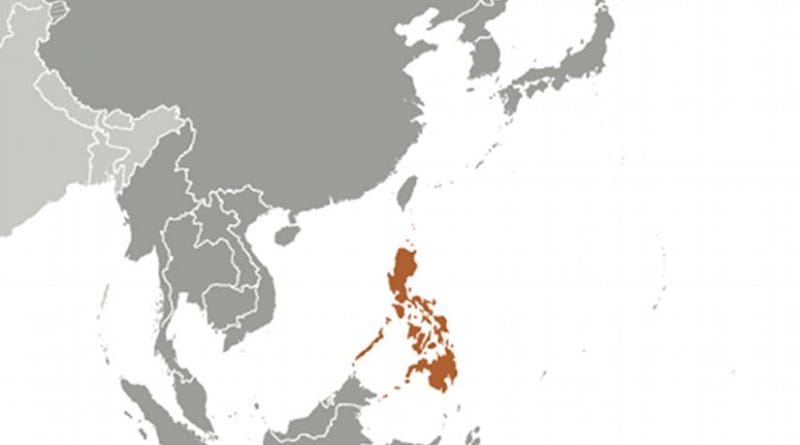Philippines Says US Law Has No Bearing On Russia Arms Deal
By BenarNews
By Felipe Villamor
The Philippines said that it saw nothing wrong when it struck a multi-million dollar armaments deal with a Russian firm blacklisted by the United States government, stressing that it had “absolute immunity” from American law as a sovereign state.
While the Philippines is one of the oldest U.S. allies in the Asia-Pacific region with ties dating back to 1951, Manila believes there is no legal foundation to stop the arms deal, presidential spokesman Harry Roque said.
“Let me state the official position, we will study the matter. But as a professor of international law and constitutional law, I do not know how they can enforce U.S. domestic legislation on a sovereign state,” Roque told reporters.
“I really do not know what legal basis that would make the Philippines covered by this law,” he said.
The Philippines is a sovereign nation that has the right to exercise its functions in terms of defending itself, he added.
“We have absolute immunity as a sovereign state,” Roque said.
He was reacting to a report by international news agency Reuters that Manila may be in breach of U.S. laws if it proceeds with the agreement to buy 750 RPG-7B rocket-propelled grenade launchers from Rosoboronexport, a state-run Russian defense firm.
But the sale, priced at 400 million pesos (about $U.S. 7.48 million) has yet to be consummated, according to Reuters, which cited a senior defense official.
Last year, the United States imposed sanctions against any country found to be dealing with Russia’s defense and intelligence sectors. The sanctions were slapped against Russia for its annexation of Crimea from Ukraine, its support for Syria’s government and its alleged meddling in the November 2016 American elections.
The latest development adds another strain to relations between the Philippines and the U.S., which have been on the mend after President Rodrigo Duterte blasted what he called American interference in Philippine affairs.
Duterte has been veering away from traditional ally the U.S., and seeking defense alliances with China and Russia.
Duterte has also ordered top defense officials to deal with countries that do not impose conditions on arms sales – a dig at the U.S., which had earlier expressed alarm over the Duterte administration’s anti-drugs campaign that has left thousands of suspects dead.
But in 2017, Duterte expressed profound appreciation for the American government when it helped his young administration defeat Islamic State-linked militants, who had taken over the southern city of Marawi.
While American allies who purchase arms from Russia could be penalized, the State Department has not been specific on what sanctions could be imposed in the Philippine case.
Roque stressed that, as far as Manila was concerned, “we are free to enter into contracts as we please.”
“We are not bound by any domestic law particularly where the transaction will not occur on U.S. soil,” he said.
Mark Navales in Cotabato City, Philippines contributed to this report.

